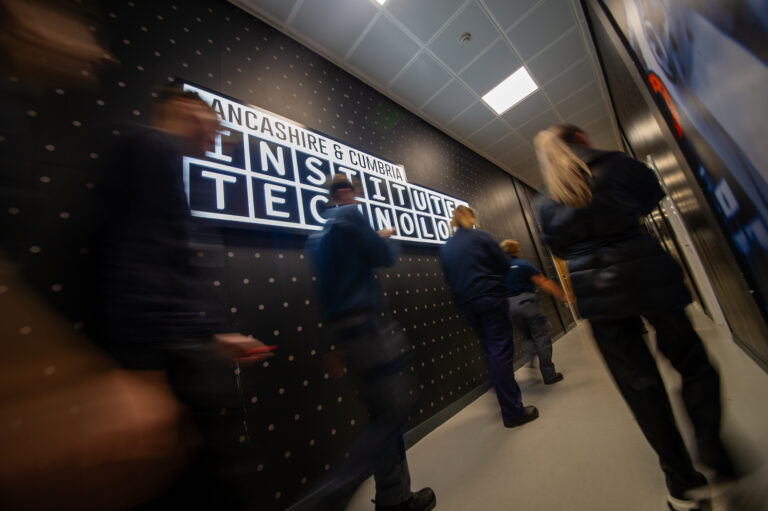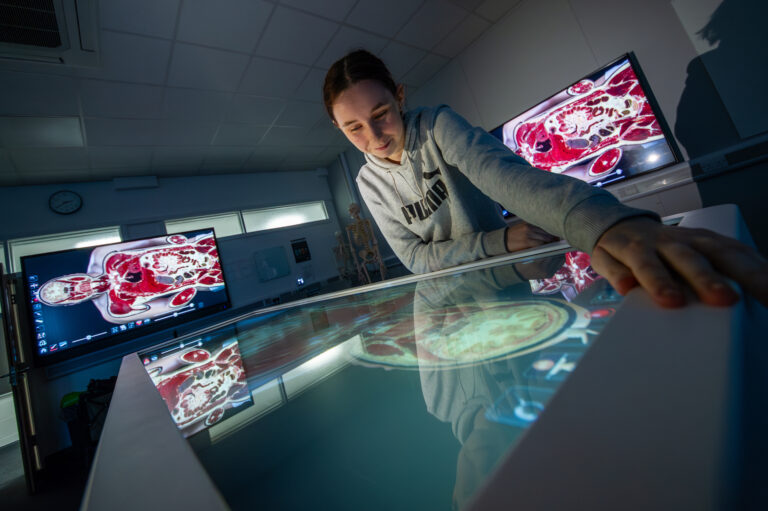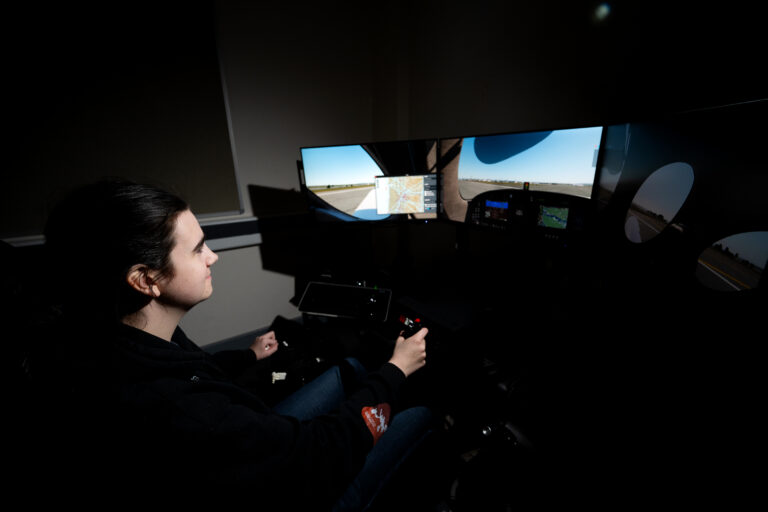
The Lancashire and Cumbria Institute of Technology has issued a rallying call to businesses to speak up about their skills gaps – and work with it to train up the workforces of the future.
The Institute of Technology (IoT), a collaboration of seven colleges and three universities, says strong partnerships with employers will be the key to unlocking future prosperity in Lancashire and Cumbria.
The appeal was made as the IoT, part of a network of institutes introduced by the government to deliver technical training, released a Barometer Report carried out to take a measure of the region’s skills gaps.
The report, carried out with the IoT’s employer outreach teams, found that employers across Lancashire and Cumbria generally experienced the same issues – recruiting the right talent and finding quicker ways to upskill existing staff.
The findings add further weight to the need for an IoT to bridge the gap between businesses and the workers needed to help the region prosper.
The IoT has spent £8.7m on industry-leading equipment across its partner colleges, allowing learners of all ages to use technology such as 3D printers, CNC machines, cyber-security facilities and virtual reality systems.

The partner colleges are Blackpool and The Fylde College, Nelson and Colne College Group, Burnley College, Blackburn College, Preston College, Runshaw College and Lancaster and Morecambe College.
Linda Dean, head of the Lancashire and Cumbria Institute of Technology, said there were 80,000 businesses and a workforce numbering 2m in the region, which the IoT had the potential to reach and impact positively.
She said: “This government initiative is about bringing together industry and education to benefit our regions and we’re hugely proud to be leading the charge.
“We cannot do it alone, though, which is why we’ve adopted a pan-Lancashire and Cumbria approach as a cluster of colleges, universities and employers. If we collaborate now, we can grow the economy together to benefit now and in years to come.
“This Barometer Report shows that many employers are ready to work with us to address their skills challenges, but we need more to join us as we create programmes that will provide the skilled workers our region needs.”
While longer courses such as apprenticeships and higher technical qualifications remain necessary, businesses are increasingly requesting shorter, bitesized courses to upskill employees so they can fulfil projects as needs arise.

The research found that greater education is needed around the different qualifications on offer, and the IoT is making great strides in helping employers cut through the complexity. Employer outreach teams are working hard with businesses to find out what they need and come up with solutions to their skills shortages.
Across industries, businesses reported a need for digital skills and automation expertise, although traditional skills do remain relevant.
The IoT’s employer engagement teams have found that businesses have a growing need for better education and training around soft skills, including critical thinking, communication skills, resilience and creative problem solving allowing them to engage colleagues, drive change and innovatively solve customer issues. For this reason, many of the IoT’s courses include employability skills training to ensure candidates are work-ready.




